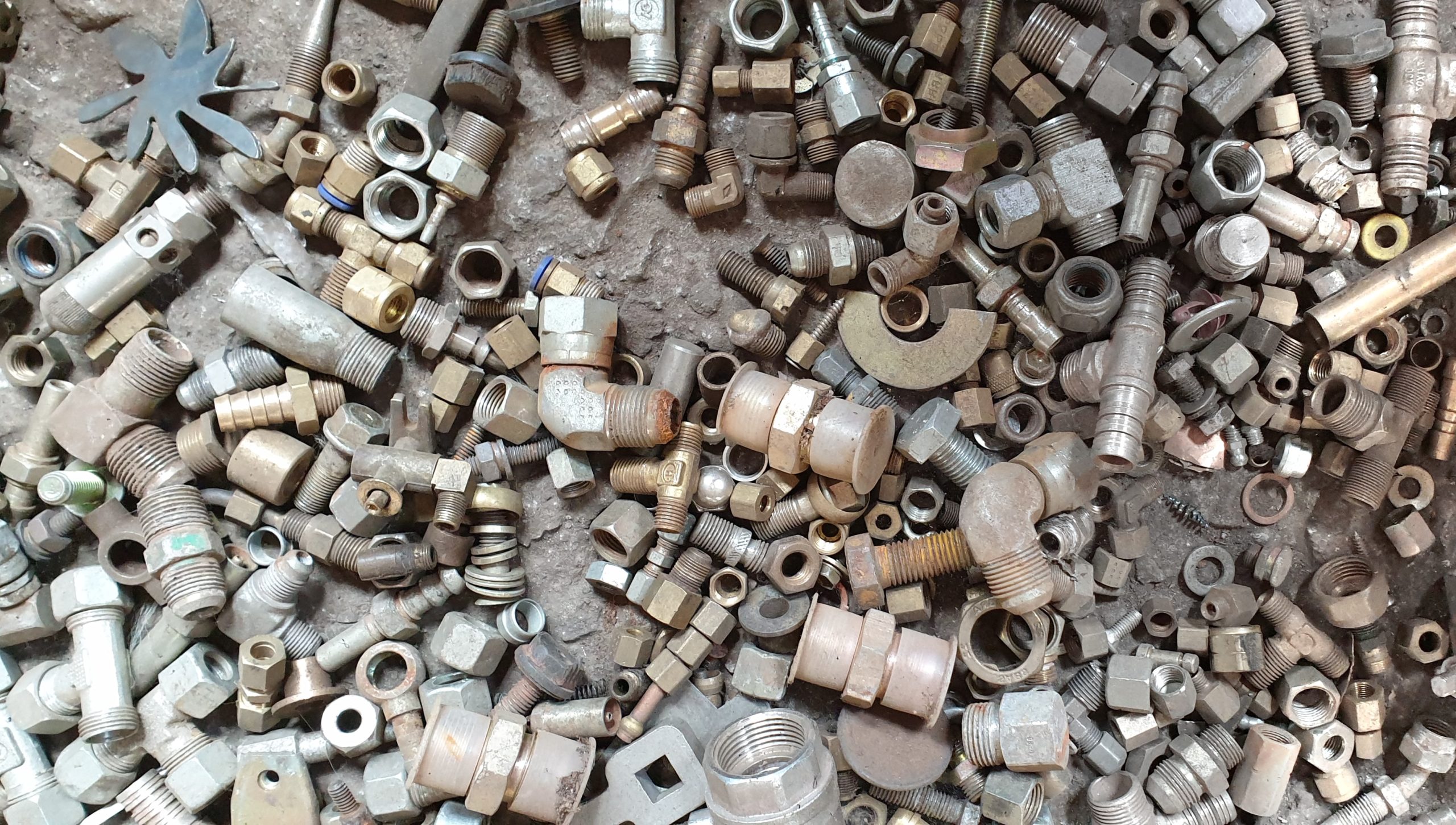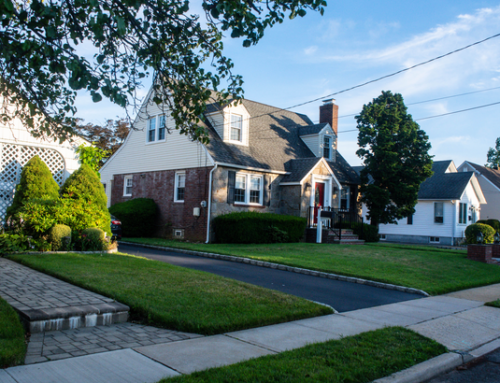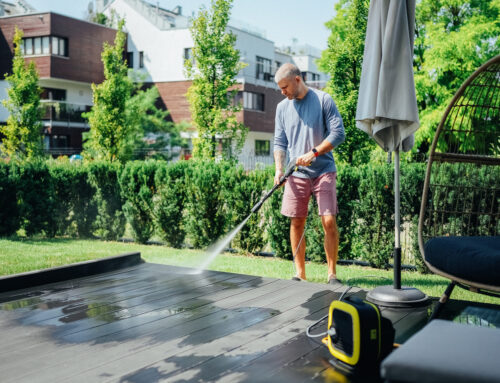Plumbing problems can create a serious headache – and financial burden – for homeowners. However, it is possible to get ahead of them. “Prevention and detection is key when it comes to most plumbing issues,” says Max Rose, owner of Four Seasons Plumbing. “The problem is, a lot of homeowners simply don’t know what to look for, or how to guard against plumbing mishaps. That’s why we’ve decided to offer advice based on our professional experience.”
To help, Rose says there are five main plumbing concerns that arise:
Toilet backups: The best way to “fix” a clogged toilet is to prevent it from happening in the first place. A lot of items that most people consider flushable, like sanitary products, paper towels, and cat litter, are actually very harmful to your sewage system and can fairly easily cause a backup to occur. A good rule of thumb: Do a bit of research before attempting to flush anything that isn’t toilet paper.
Frozen pipes: Depending on where you live, this may or may not be an issue, but even in the Southeast, temperatures almost always drop below freezing at least a couple of times each winter. The problem is in warmer areas. homeowners are less likely to prepare for those temperatures than residents who live further north, so frozen pipes are a pretty common issue. You might consider adding extra insulation to solve for this, or keep your heat turned on at all times. If you leave for a holiday trip and decide to turn off your heat, consider letting your faucets slowly drip while you’re away.
Slow pipe leak: Slow pipe leaks are especially troublesome because they are difficult to detect, but have the potential to cause massive amounts of water damage to your home. The best way to detect a slow leak is to pay careful attention to your monthly water bill. If it seems to be slowly, steadily increasing, you should call a licensed plumber immediately and schedule an inspection.
Cracked water heater: If too much sediment builds up in your water heater, it becomes more likely to crack and leak. If your home seems to be running out of hot water at a faster rate than usual, you might have sediment buildup in your water heater. To fix this, try attaching a garden hose to the drain valve at the base of the unit, and run the other end of the hose outside. Slightly open a nearby hot water faucet in the home. Then open the drain valve and let all of the water drain out of your water heater. This should flush unwanted debris.
Malfunctioning sump pump: Sump pumps are especially important this time of year in the Southeast, since rainfall is typically heavier than normal during the autumn and winter months. If you have a basement that’s prone to flooding during a heavy rainstorm, make sure to test your sump pump prior to inclement weather by pouring a large bucket of water into the basin. If the pump doesn’t switch on and remove the water, contact a professional to inspect and repair the system.
Source: Four Seasons Plumbing
Photo by Tania Melnyczuk on Unsplash















